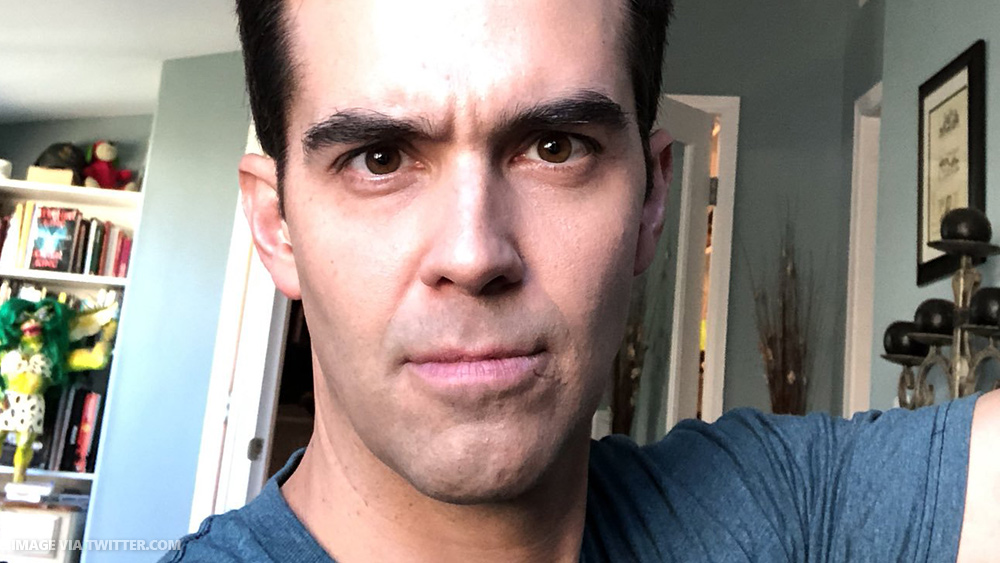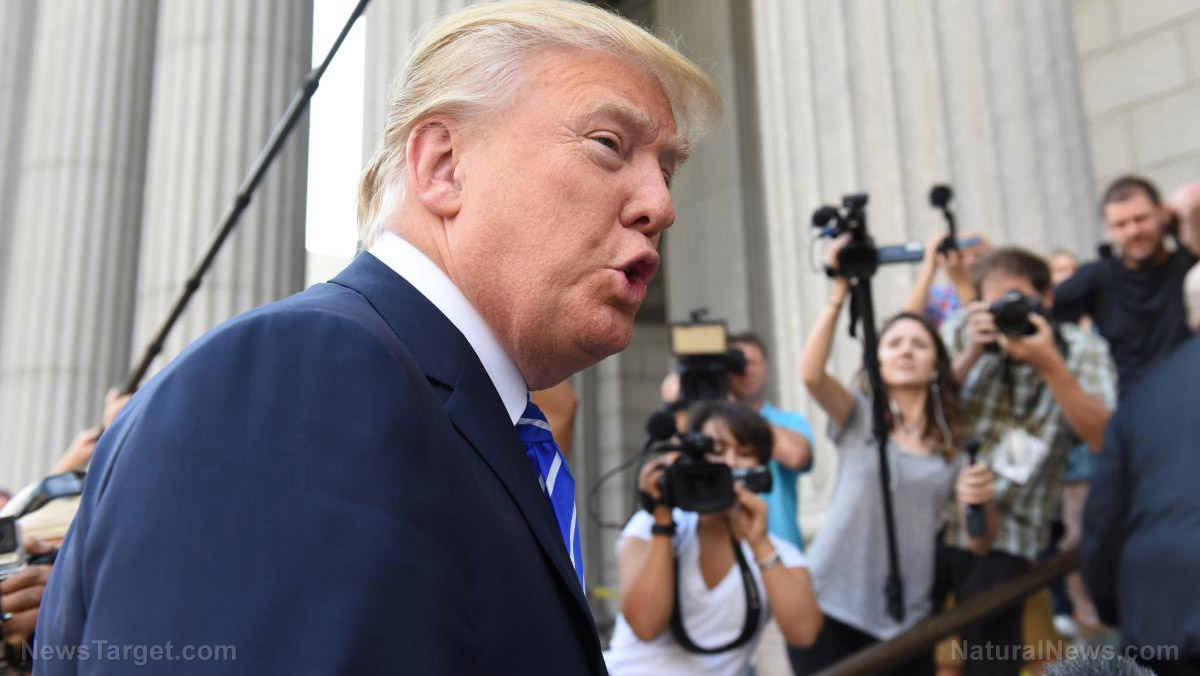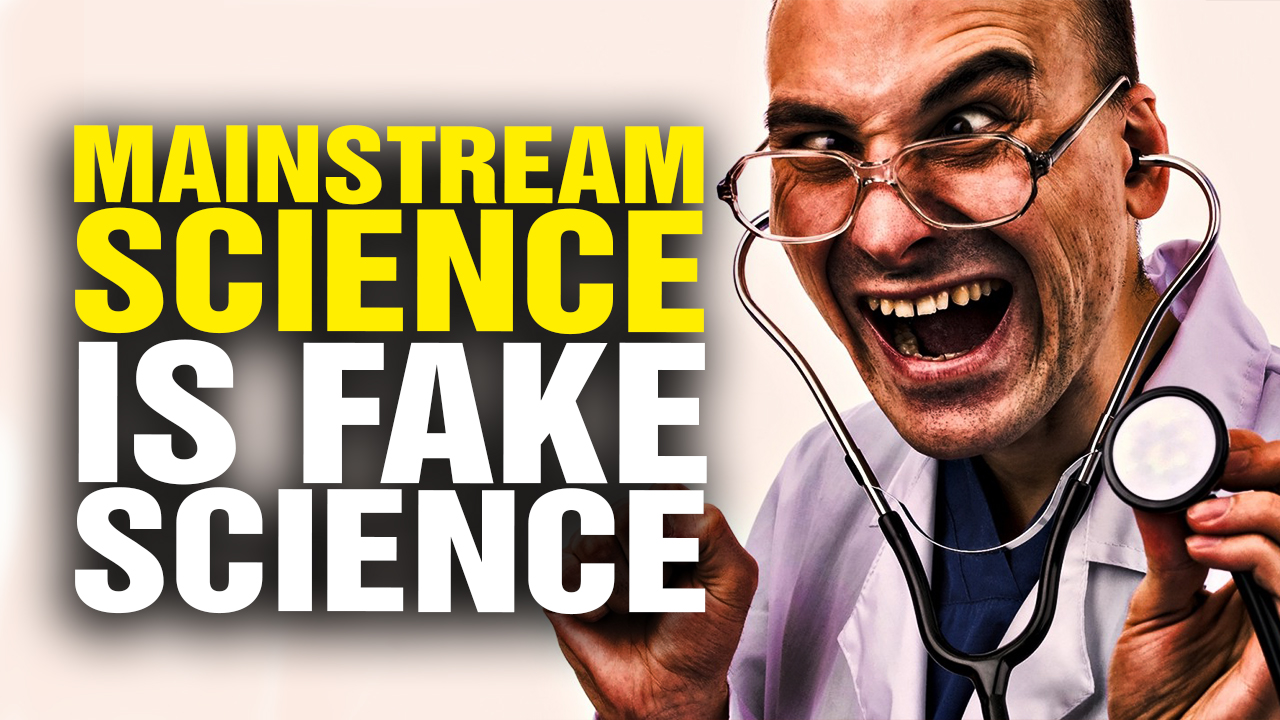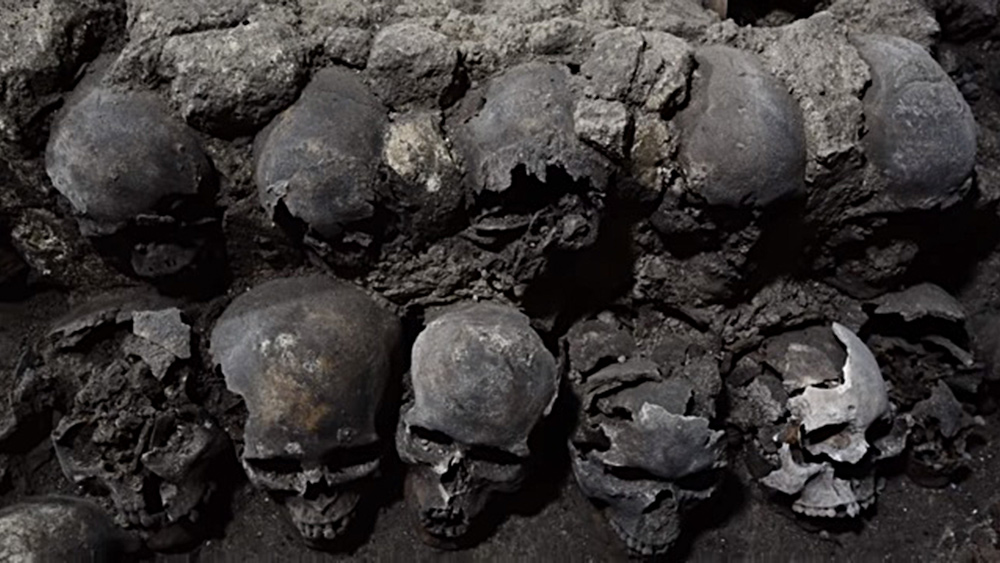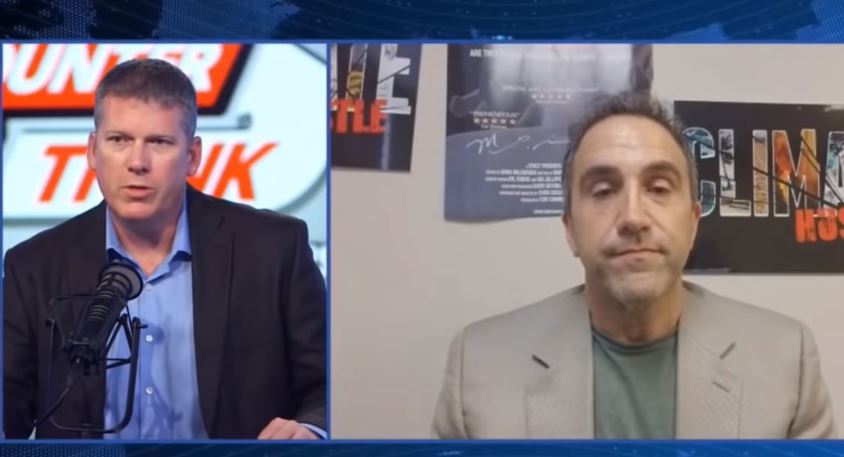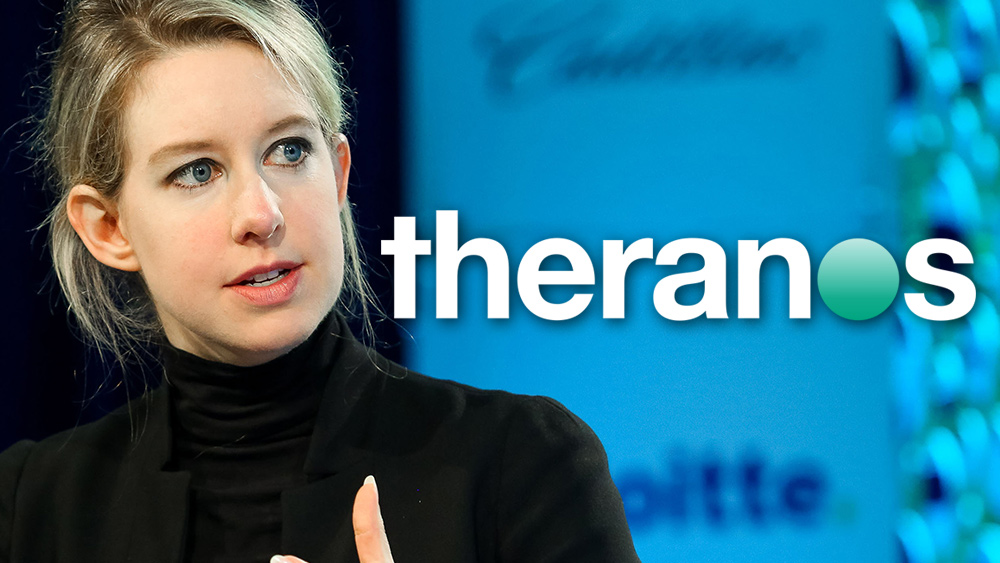Trump Should Eliminate Fake Science
09/12/2017 / By News Editors

“What Lies Upstream” is a documentary by Hyrax Films that includes interviews with Professor Marc Edwards at Virginia Tech and me about data fabrication by the EPA and CDC. A review by IndieWire highlights comments Director Cullen Hoback made in which he stressed “the alarming implications for the future of science and reason in America under Donald Trump.”
(Article by David Lewis republished from DailyCaller.com)
When I fielded questions for Hoback at theaters across Virginia last week, audiences didn’t voice concerns over Trump, who was not President when the data fabrication occurred. They mainly just wanted to know how to protect themselves and what could be done to stop federal agencies from faking science.
The public is largely unaware that federal agencies often engage in fabricating scientific data to support their policies and cover up any evidence whenever they screw up. And it’s not limited to EPA and the CDC by any means.
Last year, for example, Deputy Inspector General Mary L. Kenda reported widespread scientific misconduct at a U.S. Geological Survey lab in Lakewood, Colorado. According to Kenda, data manipulation at the laboratory had “serious and far ranging” impacts on the agency’s scientific integrity, and potentially undermined the USGS as a trusted scientific organization.Similarly, in 2008, Judge Anthony Alaimo of the Southern District of Georgia threw out EPA’s scientific opinions in a case involving agricultural practices recommended by EPA and the USDA. Experts hired by dairy farmers discovered that EPA, the USDA and the University of Georgia had published fake environmental data to cover up cattle deaths linked to EPA and USDA policies. In his decision, Alaimo devoted several pages to discussing EPA having terminated me for exposing its fake data, and ruled that the Agency’s testimony could not be trusted.
Similarly, in 2008, Judge Anthony Alaimo of the Southern District of Georgia threw out EPA’s scientific opinions in a case involving agricultural practices recommended by EPA and the USDA. Experts hired by dairy farmers discovered that EPA, the USDA and the University of Georgia had published fake environmental data to cover up cattle deaths linked to EPA and USDA policies. In his decision, Alaimo devoted several pages to discussing EPA having terminated me for exposing its fake data, and ruled that the Agency’s testimony could not be trusted.
In my experience, faking scientific data at federal agencies has become more the rule than the exception. The rule is that any scientific data published by federal scientists must support their agencies’ policies and protect their agencies’ reputations above all else.
Federal agencies will also go to bat for scientists at universities who fudge data to support their policies. For example, Dr. Rufus Chaney, the USDA’s top scientist, defended the publication of fabricated data. According to Chaney’s testimony in the case before Judge Alaimo, faking data is permissible as long as the data are “in general agreement with general patterns established in hundreds of papers.”
The hundreds of papers Chaney referenced were studies EPA funded under a cooperative agreement with the wastewater industry to publish data supporting the safety and efficacy of an EPA regulation concerning land application of sewage sludge. Despite Judge Alaimo’s ruling, and congressional hearings into the data fabrication Professor Edwards and I uncovered at the EPA, CDC and USDA, the agencies and universities they funded refuse to withdraw their bogus research from the scientific literature.
What Lies Upstream ends with a clip of President Trump speaking and the narrator explaining how his EPA Administrator, Scott Pruitt, plans to dismantle the Agency. Unfortunately, fudging scientific data to support government policies has become ingrained in the federal bureaucracy. It would take a wrecking ball to fix it.
Reversing this culture of corruption will require changing the dimensions and course of the river of federal funds flowing into pools of academic scientists willing to selectively publish data to support government policies and certain industry practices. So far, Donald Trump is the only President willing to take that first step. Under Pruitt, EPA’s Inspector General has already begun investigating EPA’s handling of the science at issue in the case involving the Georgia dairy farms.
In Charlottesville, someone attending the screening asked me whether the current budgets for scientific research at EPA and the NIH are adequate. I replied that more can be done with even less funding when the research is properly focused.
When I worked at EPA and served on the Graduate Faculty at the University of Georgia, I used my own personal funds to conduct studies on infection-control that I published in Lancet, Nature and Nature Medicine. The results my coauthors and I published revealed problems with decades of government-funded research. As a result, the CDC, FDA, EPA and public health organizations worldwide changed their policies.
Trump can eliminate federal funding of data fabrication. It just takes putting accomplished scientists in charge, who understand both science and the federal bureaucracy from top to bottom and will do whatever is necessary.
Read more at: DailyCaller.com
Tagged Under: climate change, David Lewis, Donald Trump, environment, global warming, science



